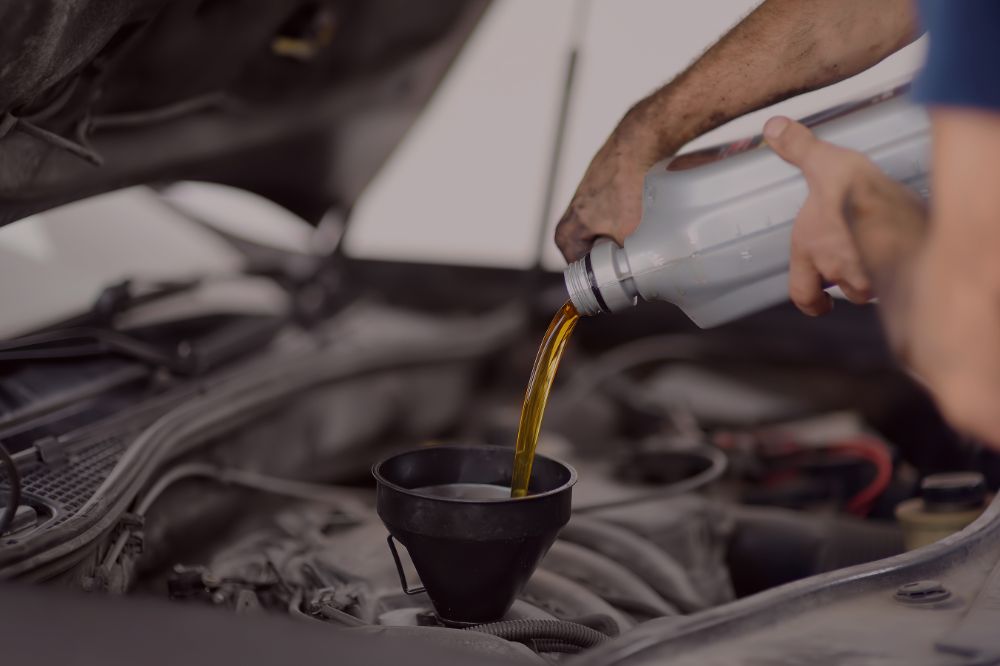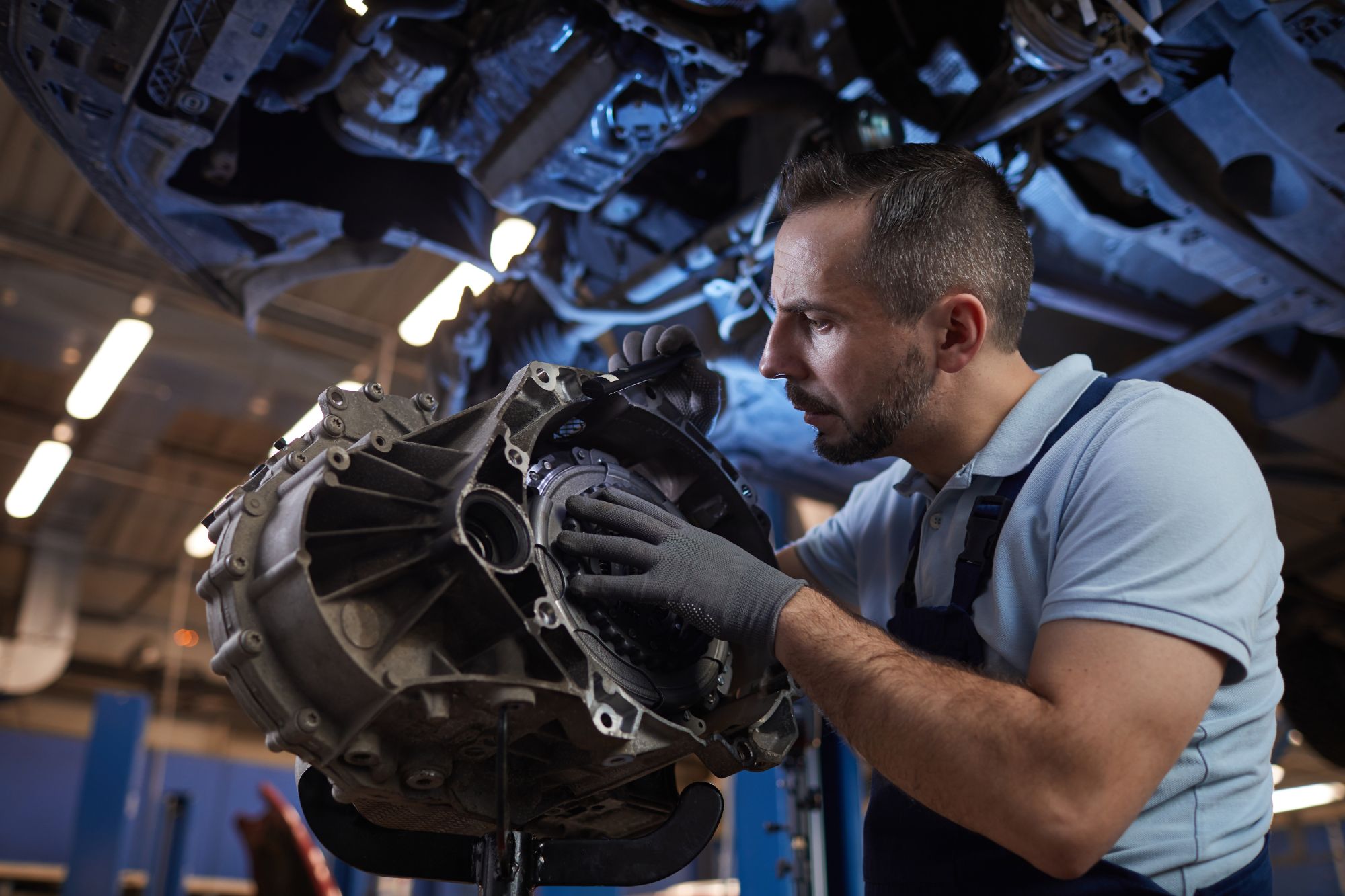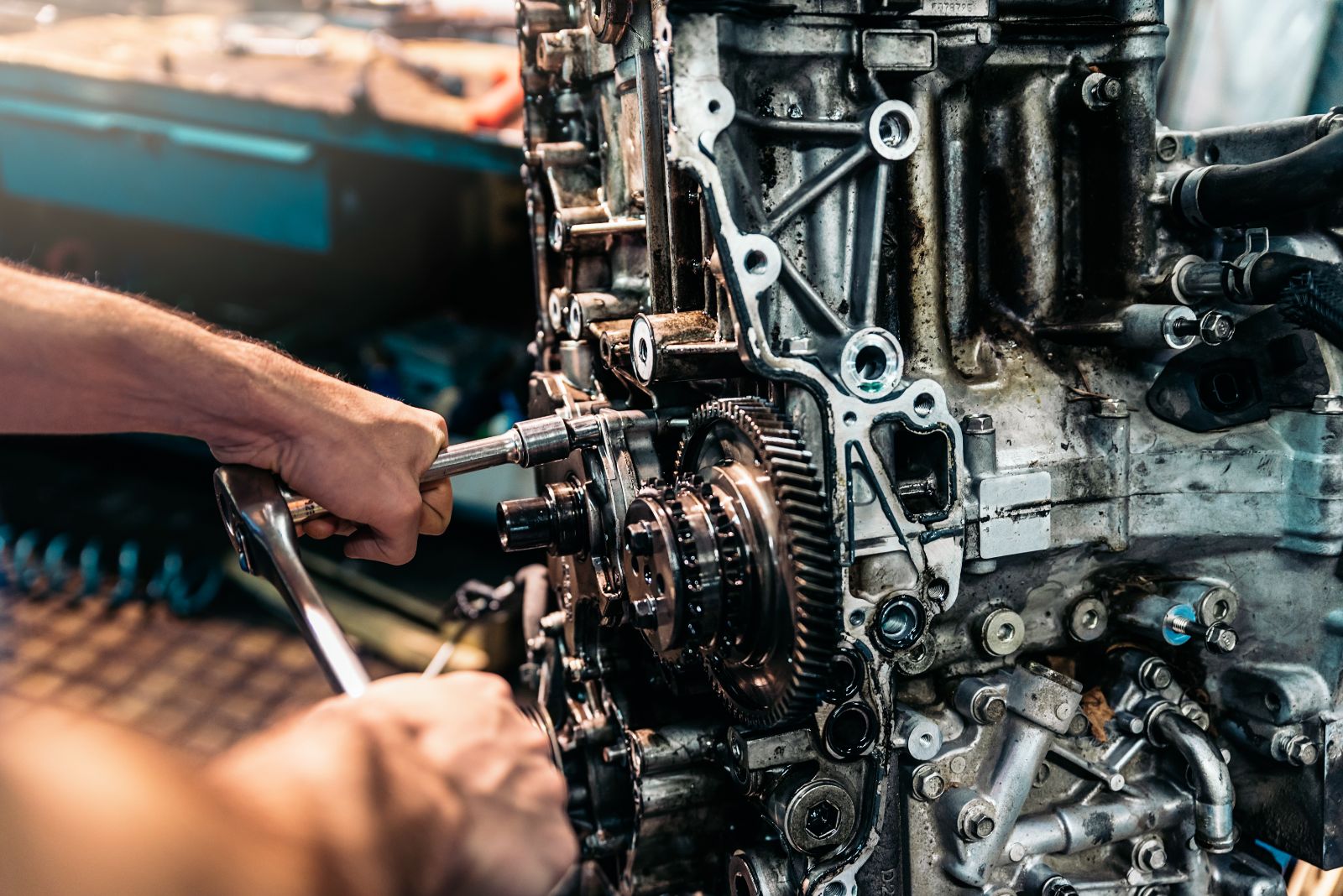
Ethanol can impact your engine in several ways, depending on its concentration in the fuel and your vehicle’s design. Here’s how it typically affects your engine:
Compatibility Issues: Older vehicles and certain small engines (like those in boats or lawnmowers) may experience problems when using ethanol blends, especially those with higher concentrations (like E85).
Fuel System Corrosion: Ethanol is more corrosive than gasoline and can damage older engines that weren’t designed to handle it. Rubber seals, gaskets, and fuel lines may deteriorate over time.
Lower Energy Content: Ethanol contains less energy per gallon compared to gasoline, which can lead to slightly reduced fuel efficiency.
Water Absorption: Ethanol is hygroscopic, meaning it attracts water. Water contamination can lead to engine performance issues, especially in vehicles left unused for long periods.



Regular oil changes are essential for keeping your car running

If your car won’t start but the radio and lights

It’s typically a good idea to let your engine cool

volkswagencatalogue.com
Typically replies within minutes
Hello, I am a Volkswagen Catalogue Agent
Message Us
🟢 Online | Privacy policy
Message us